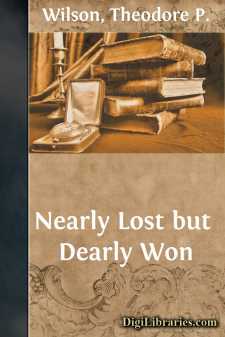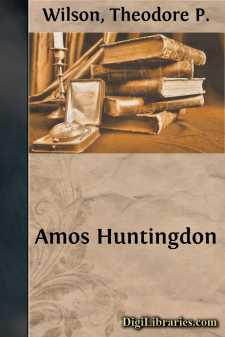Categories
- Antiques & Collectibles 13
- Architecture 36
- Art 48
- Bibles 22
- Biography & Autobiography 813
- Body, Mind & Spirit 141
- Business & Economics 28
- Children's Books 12
- Children's Fiction 9
- Computers 4
- Cooking 94
- Crafts & Hobbies 4
- Drama 346
- Education 46
- Family & Relationships 57
- Fiction 11826
- Games 19
- Gardening 17
- Health & Fitness 34
- History 1377
- House & Home 1
- Humor 147
- Juvenile Fiction 1873
- Juvenile Nonfiction 202
- Language Arts & Disciplines 88
- Law 16
- Literary Collections 686
- Literary Criticism 179
- Mathematics 13
- Medical 41
- Music 40
- Nature 179
- Non-Classifiable 1768
- Performing Arts 7
- Periodicals 1453
- Philosophy 64
- Photography 2
- Poetry 896
- Political Science 203
- Psychology 42
- Reference 154
- Religion 513
- Science 126
- Self-Help 83
- Social Science 81
- Sports & Recreation 34
- Study Aids 3
- Technology & Engineering 59
- Transportation 23
- Travel 463
- True Crime 29
Working in the Shade Lowly Sowing brings Glorious Reaping
Categories:
Description:
Excerpt
The New-Comer.
Curiosity was on tiptoe in the small country-town of Franchope and the neighbourhood when it was settled without a doubt that Riverton Park was to be occupied once more.
Park House, which was the name of the mansion belonging to the Riverton estate, was a fine, old, substantial structure, which stood upon a rising ground, and looked out upon a richly undulating country, a considerable portion of which belonged to the property.
The house was situated in the centre of an extensive park, whose groups and avenues of venerable trees made it plain that persons of consideration had long been holders of the estate. But for the last twenty years Riverton Park had been a mystery and a desolation. No one had occupied the house during that time, except an old man and his wife, who pottered about the place, and just contrived to keep the buildings from tumbling into ruin. The shutters were always closed, as though the mansion were in a state of chronic mourning for a race of proprietors now become extinct, except that now and then, in summer-time, a niggardly amount of fresh air and sunshine was allowed to find its way into the interior of the dwelling.
As for the grounds and the park, they were overlooked in more senses than one by a labourer and his sons, who lived in a hamlet called Bridgepath, which was situated on the estate, about a mile from the house, in the rear, and contained some five hundred people. John Willis and his sons were paid by somebody to look after the gardens and drives; and as they got their money regularly, and no one ever came to inspect their work, they just gave a turn at the old place now and then at odd times, and neither asked questions nor answered any, and allowed the grass and weeds to have their own way, till the whole domain became little better than an unsightly wilderness. Everybody said it was a shame, but as no one had a right to interfere, the broad, white front of Park House continued to look across the public road to Franchope through its surroundings of noble trees, with a sort of pensive dignity, its walls being more or less discoloured and scarred, while creepers straggled across the windows, looking like so many wrinkles indicative of decrepitude and decay.
But why did no one purchase it? Simply because its present owner, who was abroad somewhere, had no intention of selling it. At last, however, a change had come. Riverton Park was to be tenanted again. But by whom? Not by its former occupier; that was ascertained beyond doubt by those who had sufficient leisure and benevolence to find out other people’s business for the gratification of the general public. It was not so clear who was to be the new-comer. Some said a retired tradesman; others, a foreign princess; others, the proprietor of a private lunatic asylum. These and other rumours were afloat, but none of them came to an anchor.
It was on a quiet summer’s evening in July that Mary Stansfield was walking leisurely homeward along the highroad which passed through the Riverton estate and skirted the park....





